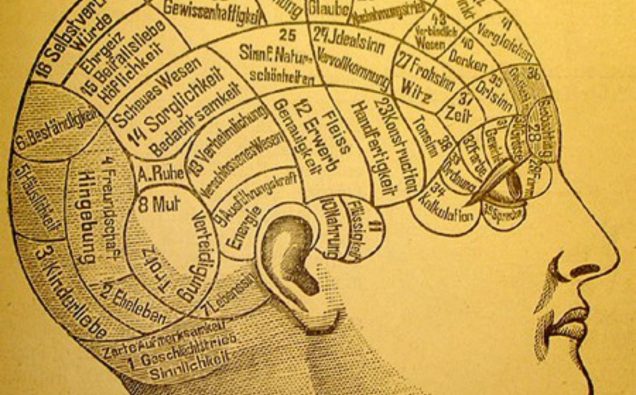
There are more concerns than excitement among Americans about how using new biomedical technologies like gene editing, brain chip implants and synthetic blood to change human capabilities, will alter the way of life.
Outside of science fiction movies, such technologies – to be embedded in human bodies – seemed almost unthinkable until recent past. But the latest advances are taking technological innovation to a whole new level with ramifications expected to cut across all dimensions of life.
According to Pew Research, “many in the general public expect continued scientific and technological innovation, broadly speaking, to bring helpful change to society.”
Yet when people are queried about the potential use of emerging technologies for “human enhancement,” their attitudes are not nearly as affirming, findings of a survey reveal.
When fully developed and introduced, the new biomedical technologies are thought to sharpen people’s minds sharper and impart new vigor to their physiques.
The Pew says it examined public attitudes about the potential use of three emerging technologies that could fundamentally improve people’s health, cognitive abilities or physical capacities. The specific examples, according to Pew, were: gene editing to give babies a lifetime with much reduced risk of serious disease, implanting brain chips to give people a much improved ability to concentrate and process information and transfusing of synthetic blood to give people much greater speed, strength and stamina.
Americans are reacting to the prospects of these specific kinds of enhancements for healthy people, cautious and often resistant views. Here is what a recent Pew survey found:
- Majorities of U.S. adults say they would be “very” or “somewhat” worried about gene editing (68%), brain chips (69%) and synthetic blood (63%), while no more than half say they would be enthusiastic about each of these developments. Some people say they would be both enthusiastic and worried, but, overall, concern outpaces excitement.
- More say they would not want enhancements of their brains and their blood (66% and 63%, respectively) than say they would want them (32% and 35%). U.S. adults are closely split on the question of whether they would want gene editing to help prevent diseases for their babies (48% would, 50% would not).
- At least seven-in-ten adults predict each of these new technologies will become available before they have been fully tested or understood. Some 73% say this about gene editing, while an identical share says the same about synthetic blood; 74% says this about brain chip implants.
- Majorities say these enhancements could exacerbate the divide between haves and have-nots. For instance, 73% believe inequality will increase if brain chips become available because initially they will be obtainable only by the wealthy.
- In addition, many Americans think recipients of enhancements will feel superior to those who have not received them; 63% say this about synthetic blood transfusions in particular. By the same token, but more optimistically, half of Americans or more think recipients of enhancements will feel more confident about themselves.
- Substantial shares say they are not sure whether these interventions are morally acceptable. But among those who express an opinion, more people say brain and blood enhancements would be morally unacceptable than say they are acceptable.
- More adults say the downsides of brain and blood enhancements would outweigh the benefits for society than vice versa. Americans are a bit more positive about the possibility of gene editing to reduce disease; 36% think it will have more benefits than downsides, while 28% think it will have more downsides than benefits.
- Opinion is closely divided when it comes to the fundamental question of whether these potential developments are “meddling with nature” and cross a line that should not be crossed, or whether they are “no different” from other ways that humans have tried to better themselves over time.











